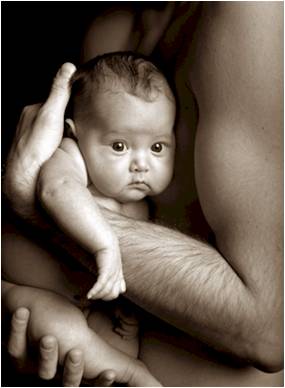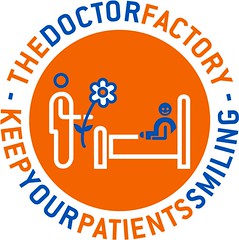Filed under: Centros medicos, Comunicación y Salud, Medicina privada, Medicina Salud y Bienestar, THE DOCTOR FACTORY | Etiquetas: clientes privados, clinicas España, Dr.Shenfield, European Society for Humans Reporduction and Embriology, fertility tourism, fertility treatment, healthcare, IVF Tourism, marketing y salud, Medicina privada, Mercado clínicas privadas, pacientes electronicos, salud 2.0, Salud on line, THEDOCTORFACTORY, web médica
By Steve Connor, Science Editor

Older British women seeking fertility treatment are having to travel to Europe because they are finding it difficult to get IVF help at home, a study has found.
Hundreds of women from the UK could be going to countries such as Spain, Slovenia and the Czech Republic where it is easier to gain access to IVF treatment, scientists discovered.
The growing trend for «fertility tourism» involves thousands of women crossing European borders each year in search of medical aid. Although 80 per cent of German women, 70 per cent of Italians and 65 per cent of French women who travelled abroad for IVF cited legal restrictions at home, British women were the most likely to cite access difficulties as their main reason for seeking help in mainland Europe.
More than 60 per cent of the women in Britain found to be having IVF treatment in another country are over the age of 40, according to a survey of fertility clinics in six European countries – Belgium, the Czech Republic, Denmark, Slovenia, Spain and Switzerland.
«Access [to IVF] is a big reason for women in the UK. It’s very difficult for us to get funding for patients over the age of 39. When they are 39 or 40 they’re stuck. Britain is bad for access,» said Francoise Shenfield of University College London Hospital. The pilot survey’s results, released yesterday by the European Society for Human Reproduction and Embryology in Amsterdam, were the first to quantify the scale of fertility tourism in Europe, Dr Shenfield said.
«Until now we’ve only had anecdotal evidence of this phenomenon. We think that our results will be of considerable value to patients, doctors and policymakers,» she said.
Each clinic from the six countries that took part were asked to complete a questionnaire for each patient attending the centre over a period of a month. They returned 1,230 forms.
«This may not seem to be a very high number but it reflects only one month of events in a limited number of centres in six months,» Dr Shenfield said.
Extrapolating the data over Europe, there were at least between 20,000 and 25,000 cycles of IVF treatment each year resulting from women travelling abroad, she said.
Of these, the largest proportion – 32 per cent – were from Italy, followed by Germany (14 per cent), the Netherlands (12 per cent) and France (9 per cent). Britain was sixth, accounting for nearly 5 per cent of the patients who had travelled abroad for treatment.
The shortage of donated eggs in the UK was also cited as a reason for travelling. The numbers of both sperm and egg donors had decreased in recent years.
Since 2005, British donors have had to give up their right to anonymity, making it possible for them to be identified as the biological mother or father of an IVF child. This has deterred many people from helping childless couples, said Dr Shenfield. Overweight women classified as obese were also refused IVF treatment on the NHS.
«It’s a complex ethical issue. Having a child is not a right, but from the point of view of health and quality of life, it’s an essential part of a life project and it’s not something that goes away,» she said.
«Not being able to have children is a hurt which lasts for ever. People who can’t have children are reminded of it repeatedly throughout their lives.»

